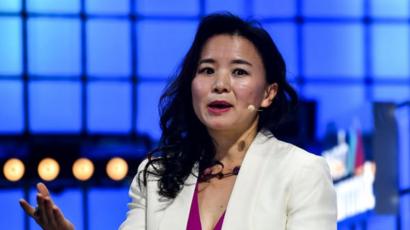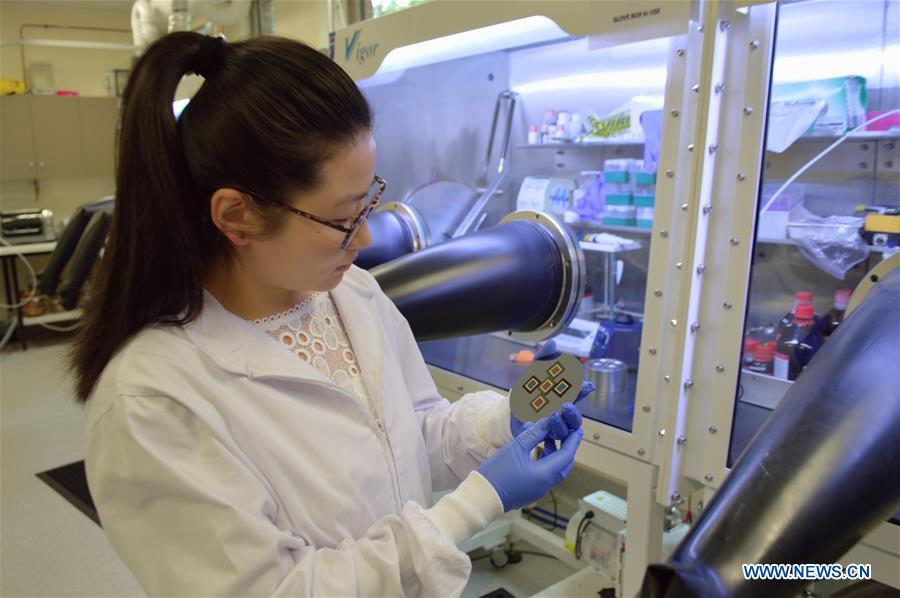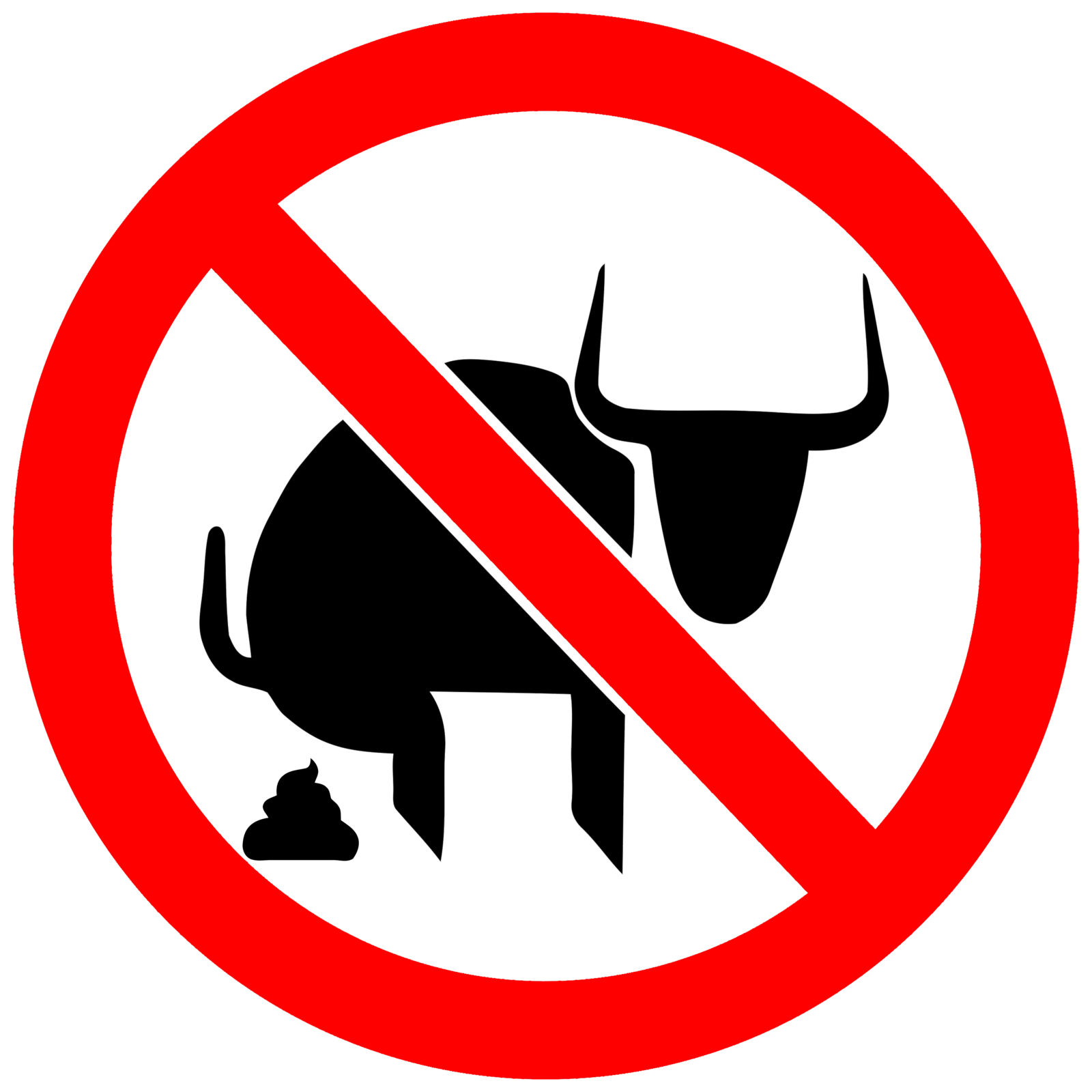
China’s imports from Australia down 4.9% from Jan-Nov amid trade, political tussles: customs figures
China imposes swingeing tariffs on Australian wine in ‘devastating blow’ to exporters,
- 12-10-20 China’s Ministry of Commerce said it would impose anti_subsidy tariffs on Australian wine on Friday – nearly two weeks after China imposed anti-dumping tariffs against Aussie wine.
- 12-12-20 A list of alleged 41 Chinese-owned Australian wineries sparks a new boycott wave over Chinese goods.
China’s crackdown on Australian coal imports sends prices sliding
Australian barley hits 3-year low amid friction with Beijing, WTO action ‘the next step’ for Canberra over Beijing’s barley duties
China slaps new ban on Aussie beef
- 12-8-20 China has suspended imports from Australian beef supplier Meramist Pty Ltd, the sixth supplier to face such a move in Australia this year amid deteriorating trade ties.
- 12-14-20 Australia’s mutton export to China was hit hard by global pandemic and worsening ties with China, with an importer saying imports have plunged 90% in recent months.
Tonnes of Australian lobsters stuck in Chinese airports amid trade tensions
Rumoured Chinese import suspensions spark wool concern
China’s Australian copper ban seen hurting smelters in TC/RCs talks
- China imported about 26,700 tons of copper concentrate from Australia in November this year, down 34% from October and 77.8% from November last year, the lowest monthly import volume since April this year.
Sour China-Australia ties hit talks over LNG deal, says Woodside
Victorian timber log exports blocked from entering China due to bark beetle
- China has suspended log imports from Australia’s Tasmania and South Australia from December 3 after pests were discovered, said the General Administration of Customs on Monday.
- 12-11-20 China’s General Administration of Customs (GAC) has suspended log imports from Australia’s New South Wales and Western Australia, according to a notice issued by the GAC on Thursday.
Iron ore, Australian iron ore is high quality and consistent, cannot find an alternative from Brazil (too expensive), India (too small), Russia (too backward) yet.
Chinese students in Australia leave as coronavirus upends study
Chinese homebuyers shun Australian market as coronavirus, political tensions take toll
- 5-6-21 Proclamation of the National Development and Reform Commission of the Peoples Republic of China on the Indefinite Suspension of All Activities under China-australia Strategic Economic Dialogue








